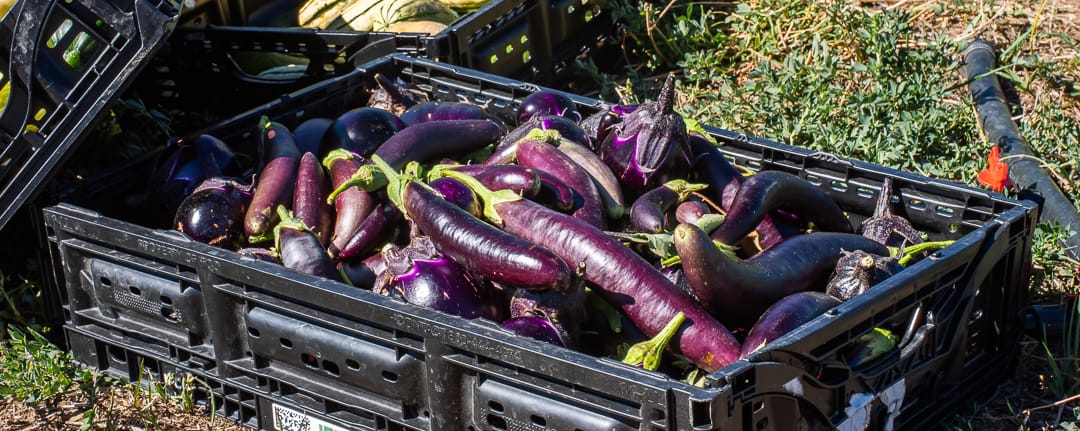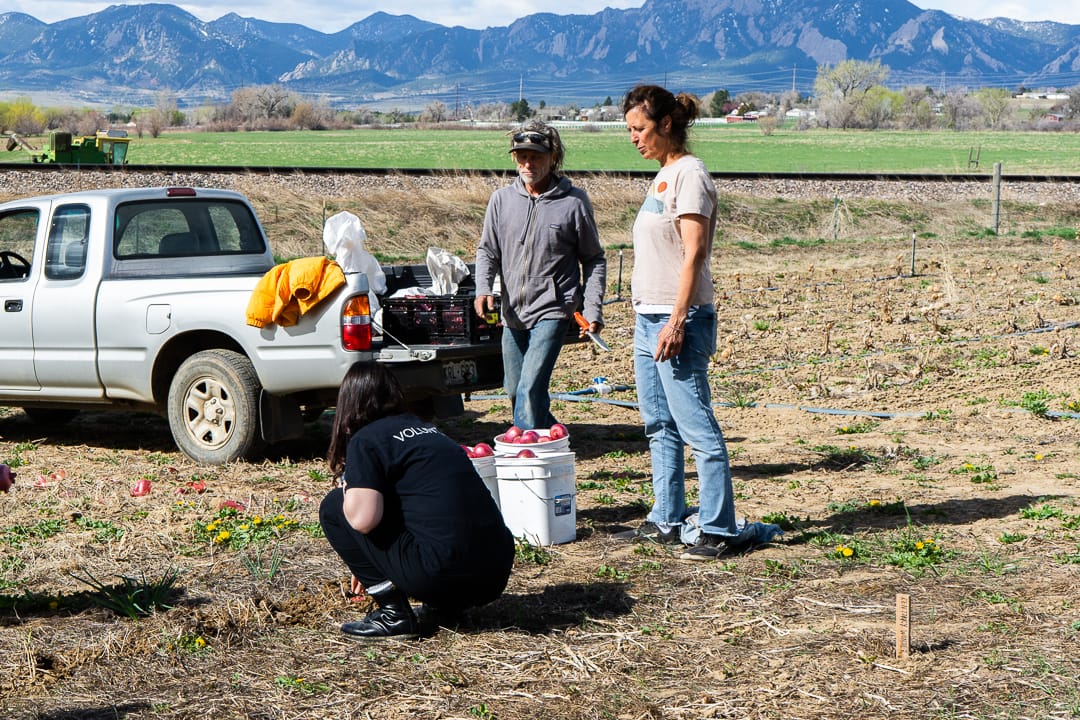Why certified organic doesn't always mean better

As the first spring produce becomes available from local farms, we want to answer a question we get from time to time: "Why isn't this local produce labeled organic?"
The organic designation refers to a set of standards that ensure farms and food producers avoid synthetic chemicals and GMOs, while emphasizing sustainable and natural practices.
Knowing your food is produced in a healthy and sustainable way is important, but to use the organic label, farms and processors must be certified by a government-approved agency. This is where things get complicated for many small farm operations.

Organic certification can be a long and arduous process. For some farms, the transition from conventional to organic can take up to three years—even if they’ve been practicing organic and regenerative agriculture all along. During this time, farmers must maintain extensive daily records, tracking everything from soil tests and projected yields to field notes and more. For many small farms, balancing the demands of both farming and bookkeeping simply isn't feasible.
Next are the costs. Annual dues for organic certification range from hundreds to thousands of dollars depending on the farm size. While that might not seem like much, for a small farm, these recurring expenses can be a significant hurdle—especially when your livelihood already depends on unpredictable weather and shifting climate conditions.

For many of these farmers—including the farm partners we work with—the solution is to forego certification and instead build trust within their communities. The organic label isn't needed when the people buying their produce at farmers markets and through CSAs already know and trust their farming practices.
It's now our job, as a partner to these farms, to build your trust. Our Head of Partnerships, Emma (a farmer herself), personally vets all of our farm partners to ensure they practice regenerative agriculture. Not only do they avoid using chemicals (including "organic" pesticides), but they also utilize cover cropping, composting, mulching, and crop rotation to keep their soil rich and full of nutrients.
So the next time you see produce at PineMelon from a local farm and it doesn’t say “organic,” know that you can trust it to be healthy, clean, and grown in nutrient-rich soil. And if you’re still not sure, look up the farm—most have websites that detail their farming practices. Because when it comes to your food, transparency is important.
See what local farm produce is available right now at PineMelon >>>>